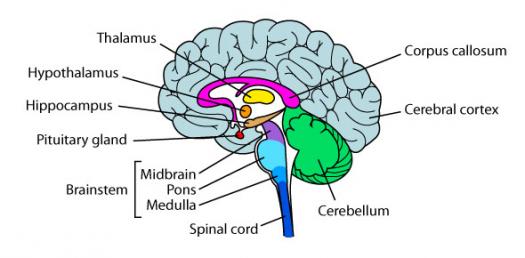PSYCHOLOGICAL THERAPY
PSYCHOTHERAPY
- An interaction between a trained therapist and someone suffering from psychological difficulties.
PSYCHOANALYSIS
- Free Dissociation (Free writing)
- Dream Hypnosis
- Friends used free association, hypnosis, and dream interpretation to gain insight into the client’s unconscious
TRANSFERENCE
- In a psychoanalysis, the patient's transfer to the analyst of emotions linked with out other relationships.
HUMANISTIC THERAPY
- “Focus on you”
- Focuses on people’s potential for self- fulfilment (Self actualization)
- Focuses on the present and future (Not the past)
- Focus on conscious thoughts (Not unconscious one)
- Take responsibility for your actions
CARL ROGERS CREATED- TECHNOLOGY
- Client (Person) Centered therapy
- Therapist should use genuineness acceptance and empathy to show unconditional positive regard towards their client.
ACTIVE LISTENING
- Empathetic listening where the listener echoes, recreated and Clarifies
- Linked to Carl Rogers centered therapy
BEHAVIOR THERAPY
- Applies learning principle to the elimination of unwanted behaviors
EXAMPLE
- Supernanny techniques.
SYSTEMATIC DECENTRALIZATION
- A type of counterconditioning that associated a pleasant relaxed state with gradually increasing anxiety triggering stimuli
- Touching what scares you (Come face to face)
AVERSIVE CONDITIONING
- A type of counterconditioning that associates an unpleasant state with an unwanted behavior
- Poop and biting nails
OPERANT CONDITIONING
- Token Economy- an operant conditioning procedure that rewards a desired behavior
- Money and good grades.
COGNITIVE THERAPIES
- A therapy that teaches people new, more adaptive ways of thinking and acting; based on the assumptions that thoughts intervene between events and out emotional reaction
GROUP THERAPY
- AAA Anonymous
- Suffering from the same issue.
